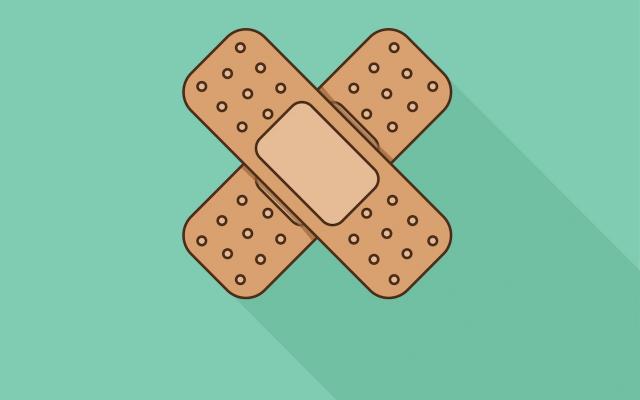Selectieve darmdecontaminatie (SDD) als methode ter preventie van infecties bij langdurig beademde patiënten werd in 1984 door Stoutenbeek geïntroduceerd op de intensive-care(IC)-afdeling.1 Thans is SDD waarschijnlijk de meest bekritiseerde en misschien daarom wel de best bestudeerde interventie in de IC-geneeskunde. Ook in dit tijdschrift is er in het verleden herhaaldelijk en op kritische wijze aandacht aan besteed.2-5 De discussie tussen voor- en tegenstanders van SDD spitst zich toe op vier punten: het effect van SDD op infecties, de invloed van SDD op sterfte, de selectie van tegen antibiotica resistente micro-organismen en de kosteneffectiviteit. De recente publicatie van de resultaten van de door de Cochrane Collaboration verrichte SDD-meta-analyse in British Medical Journal (BMJ) is aanleiding opnieuw aandacht te vragen voor SDD. Deze meta-analyse (33 gerandomiseerde onderzoeken, 5727 patiënten) toont aan dat bij IC-patiënten, die op de juiste wijze SDD kregen toegediend, de morbiditeit en de sterfte op…
Selectieve darmdecontaminatie voorkomt sterfte bij intensive-carepatiënten

- Selective decontamination of the digestive tract (SDD) is a strategy designed to prevent or minimize the impact of infections by potentially pathogenic micro-organisms in critically ill patients requiring long-term mechanical ventilation. SDD is a four-component protocol to control the three types of infections occurring in intensive care patients: (a) a parenteral antibiotic, cefotaxime, for a few days to prevent primary endogenous infections that generally occur ‘early’; (b) the topical antimicrobial drugs colistine (polymyxin E), tobramycin and amphotericin B (together: PTA) used throughout the stay in the intensive care unit (ICU) to prevent secondary endogenous infections developing in general ‘late’; (c) a high standard of hygiene to prevent exogenous infections that may occur throughout the ICU stay; (d) surveillance samples of throat and rectum to distinguish between the three types of infection, to monitor compliance and efficacy of treatment and to detect emergence of resistance at an early stage. The most recent and rigorous meta-analysis examined 33 randomized SDD trials involving 5727 patients. It shows significant reductions, in overall mortality by 20 and in the incidence of lower airway infections by 65. It failed to detect any report on the emergence of resistance and associated superinfections and/or outbreaks in the 33 studies covering a period of more than 10 years. Using the criterion of cost-per-survivor, four recent randomised trials showed that it is cheaper to produce a survivor using SDD than with the traditional approach.




Reacties